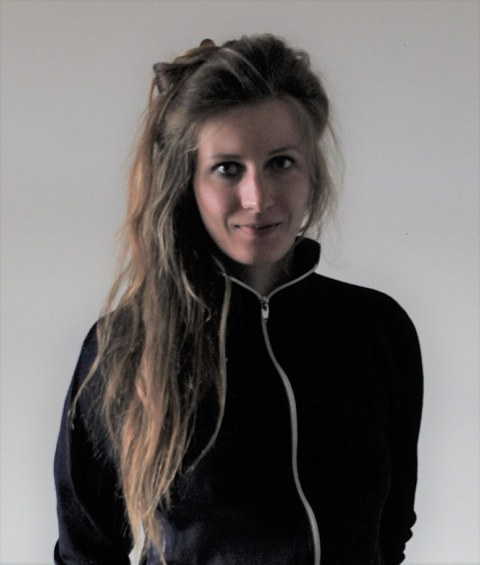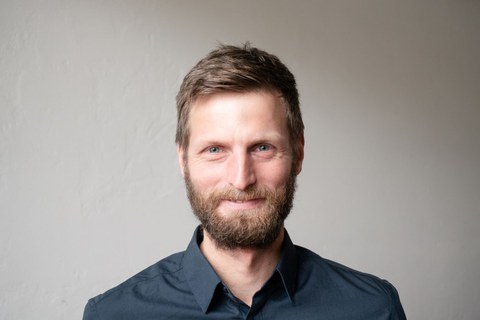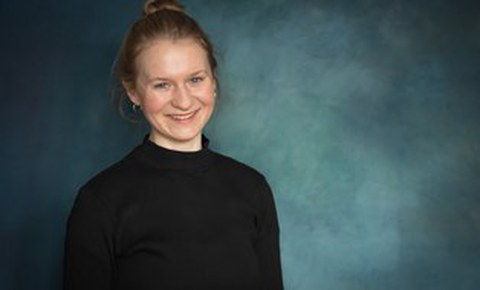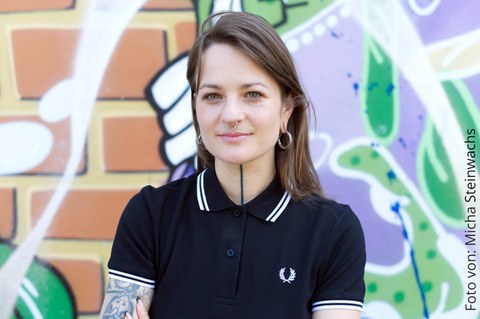Statements | Voices of TUDiSC
Deborah Löschner, Designate
Doing research within the TUDiSC research network opens up an experimental space. Through intensive exchange and the courage to try things out, I was able to follow the traces of thought from different disciplines, get to know inter- and transdisciplinary research and question the boundaries of science anew.
As with any experiment, things can of course also fail, hypotheses can be confirmed or completely new assumptions can be formulated for a potential "next time". In this respect, TUDiSC was and is a fruitful framework for me to stimulate new ideas and gain more clarity about the opportunities and limits of interdisciplinary collaboration.
René Dutschke, DiaDisK
TUDiSC has given me the opportunity to reflect on, expand and critically question my disciplinary perspective. The collaboration within our DiaDisK project was always characterized by mutual respect and great curiosity for the content-related and methodological approaches of the other disciplines. The shared view of concepts, methods and data has had a lasting effect on me and was an enrichment, not only for my work within the project, but also beyond.
The joint events such as conferences, workshops and lectures were also an exciting insight into the content being researched within the School of Humanities and Social Sciences. The involvement of us doctoral students in the organizational and strategic processes of the network gave me valuable insights that can also be a useful basis for my future academic career.
Svenja Engelmann-Kewitz, Disrupt!Research
TUDiSC enabled me to work in a variety of interdisciplinary collaborations in a friendly, respectful, productive and supportive atmosphere. In my project "Disrupt!Research", this not only revolved around scientific collaboration, feedback and exchange in (joint) specialist articles, which were enriched by the expertise of others, but also various forms of scientific communication per se. What was particularly exciting here was that this always explicitly went beyond academic boundaries and also addressed a broad audience, thus making "science" tangible and tangible in practice. Through the exchange and the practical experience of working together, various research designs were discussed and tried out, which had an enriching influence not only on the joint results of the project, but also on my own doctorate and will continue to accompany me after my time at TUDiSC.
Ulrike Pfeifer, DiaDisK
The interdisciplinary collaboration within TUDiSC was extremely enriching for me, both personally and professionally, because the research topic of my doctorate developed not least through the intensive exchange with colleagues from the field of psychology. The continuous dialog, for example in regular data sessions, not only opened up new perspectives, but also initiated many fruitful discussions on the topics of disruption and digital transformation of the knowledge society.
At the same time, I have experienced that interdisciplinary work - especially for early-career researchers who still have to find their bearings and establish themselves in their own discipline - also brings challenges, for example with regard to common understandings of terms and methodological approaches. I particularly remember the organization of the 5th TUDiSC joint conference, which we doctoral students designed and implemented independently and were able to gain valuable experience in scientific event management.



